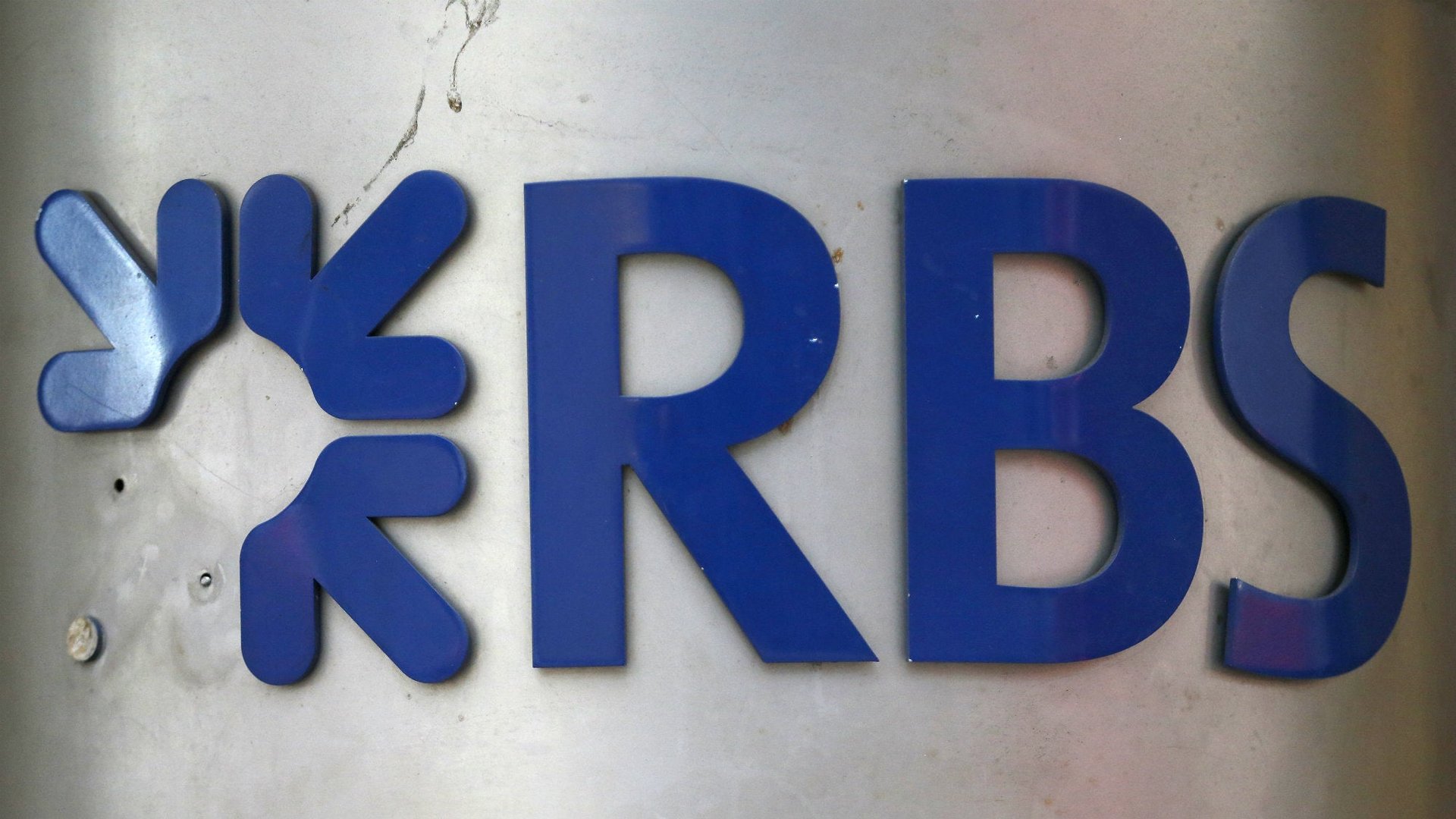The neverending misery of Britain’s bailout of RBS, in six charts
For what is billed as Britain’s biggest privatization push since Thatcher, things have kicked off with a whimper. Nearly seven years after the UK government bailed out RBS, once the world’s largest bank by assets, it started to offload its shares today.


For what is billed as Britain’s biggest privatization push since Thatcher, things have kicked off with a whimper. Nearly seven years after the UK government bailed out RBS, once the world’s largest bank by assets, it started to offload its shares today.
The sale of a 5.4% stake in the bank raised just over £2 billion ($3.1 billion), and cut the government’s stake in RBS to around 73%. But at £3.30 per share, the sale saddled the state with a hefty £1 billion loss; it acquired the shares in three batches worth a total of £45 billion during the dark days of 2008 and 2009, at an average price of around £5 per share.
RBS is a shadow of its former self, and the share sale seems a sign of the government giving up (paywall) on recovering all of the money it pumped into the bank. Nobody thinks that RBS can ever regain its former glory, but the halting progress it has made on refashioning itself as a “stronger, simpler, fairer bank,” in CEO Ross McEwan’s words, has been disappointing. Further losses on the government’s stake—worth around £30 billion at current market prices—are almost assured, given the government’s determination to extract the state from the beleaguered bank’s share register.
RBS has recorded losses of nearly £60 billion over the past seven years. And the bank still faces several thorny legal issues that may hit it with more losses in the quarters to come:
RBS has slashed its asset base by a whopping £1.4 trillion since 2008:
The bank’s workforce has shrunk by more than 90,000 since 2008, and some 14,000 jobs are also set to go in the coming years:
The markets have taken a dim view of the bank’s attempts at restructuring—despite some recent improvement, RBS’s market value remains below the book value of its assets.
The bank’s share price hasn’t traded near the government’s break-even price for years:
To say nothing of the bank’s current worth in relation to its pre-crisis glory days: